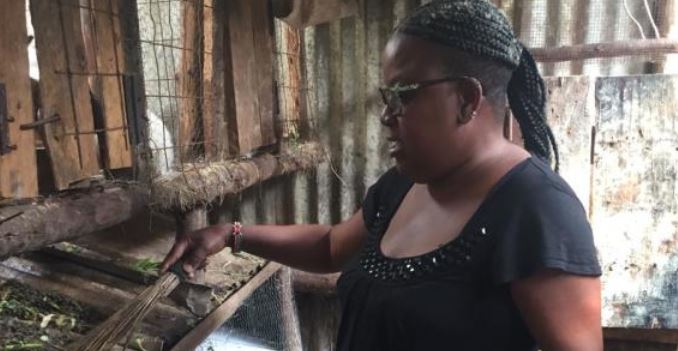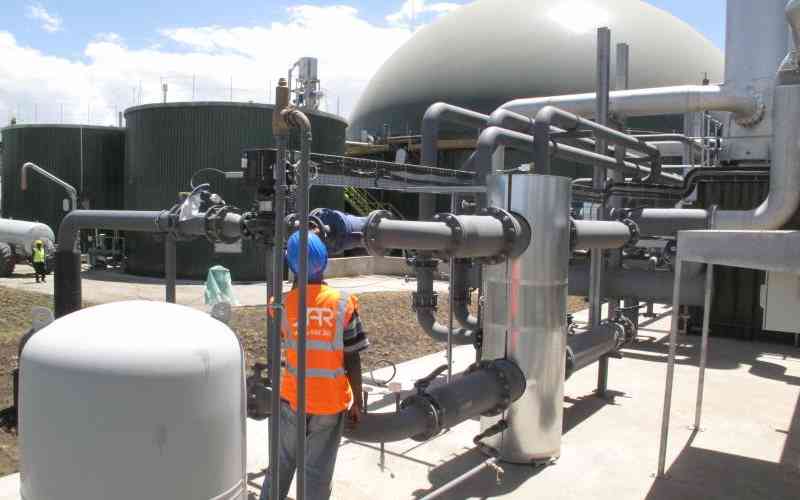×
The Standard e-Paper
Smart Minds Choose Us

Consolata Atuti attends to her rabbits in Kiserian farm
Rabbits used to be reared as pets, especially by young boys who were still learning their way around the farm. Others shot at rabbits with bows and arrows to test their macho skills. But not anymore.







